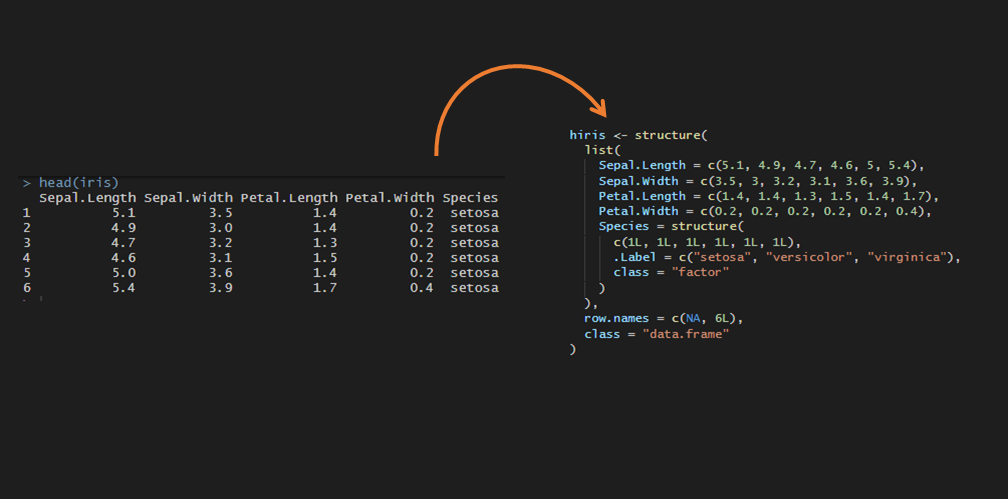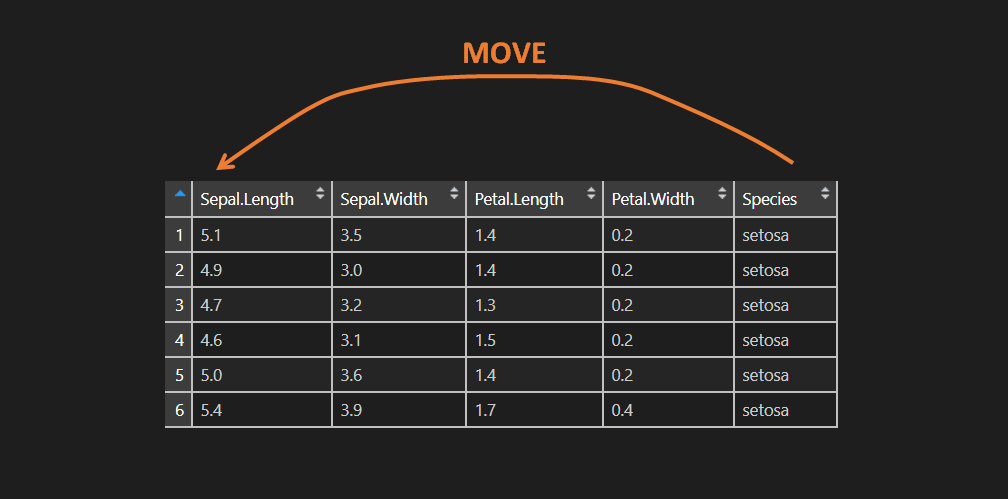
Move column to a specific position in R
The easiest way to move the data frame column to a specific position in R is by using the function relocate from package dplyr.
in
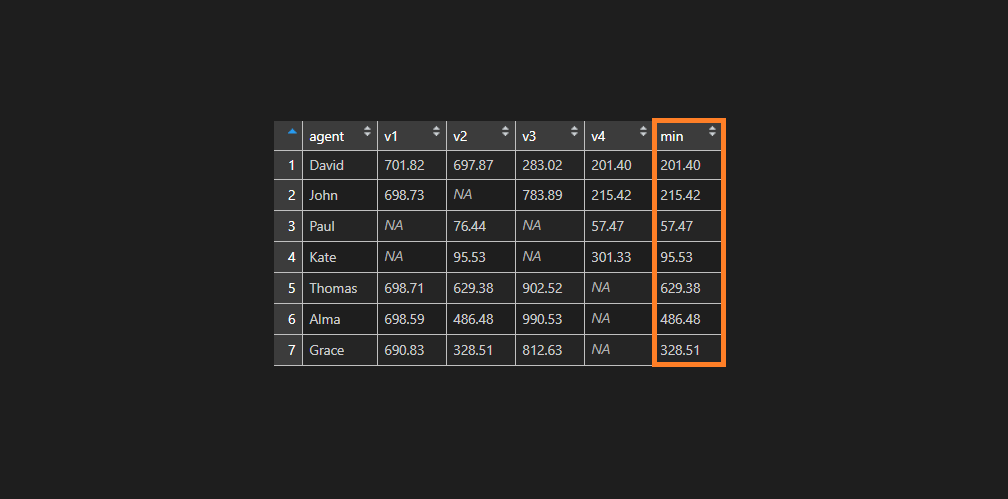
Find min or max for each row in R
If you want to calculate min or max for a range of columns in each row of the data frame in R, then here is how to do that easily.
in
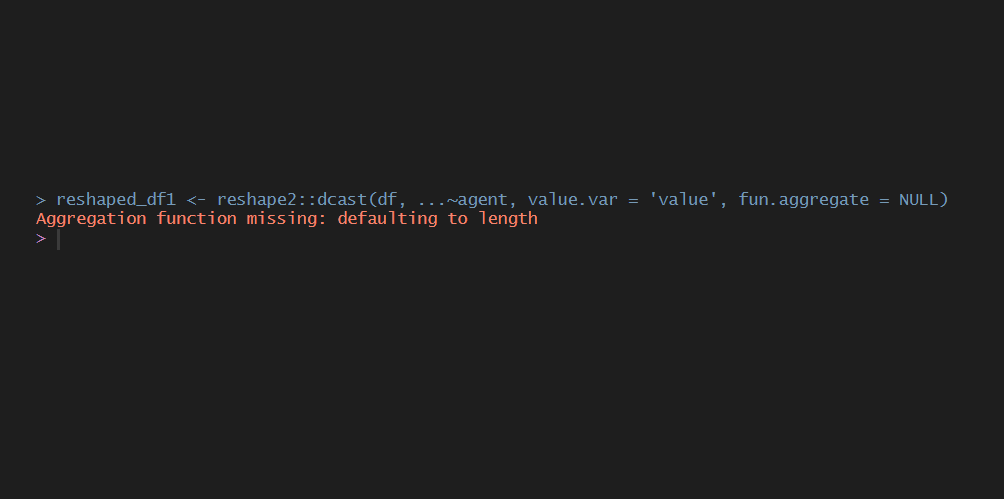
dcast : Aggregation function missing: defaulting to length
If you are having this dcast warning Aggregation function missing: defaulting to length there might be a simple solution to this problem.
in
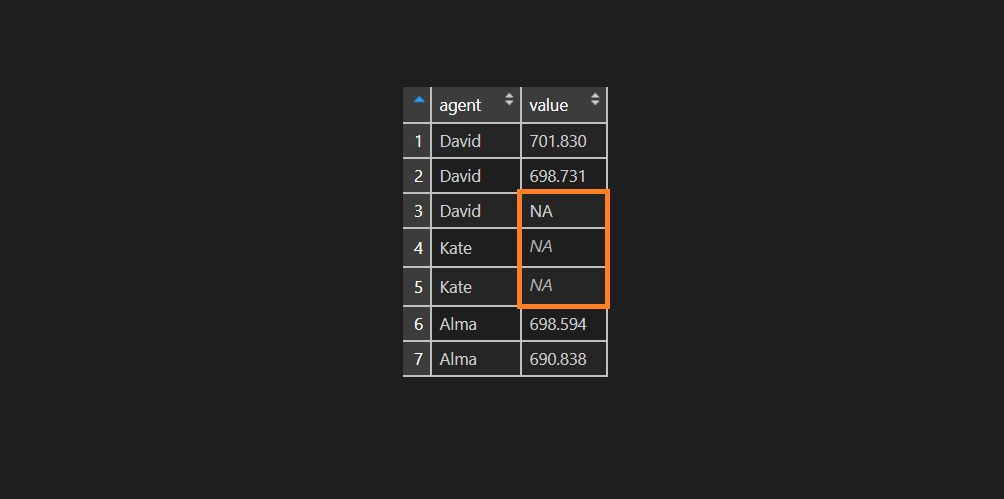
R ignoring NA value?
Sometimes it might be very confusing when it looks like R is ignoring the NA value. When some of the code relying on that values, the results might be confusing.
in
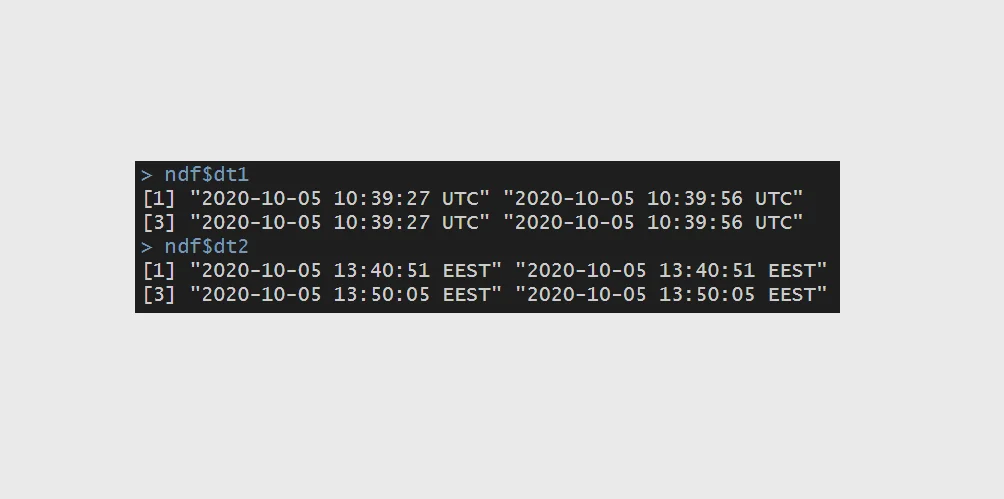
How to change datetime timezone in R
Here is a simple way how to change datetime timezone in the R data frame. If the timezone is not present or is different, there can cause a problem in your calculations. Usually like incorrect results of time difference.
in
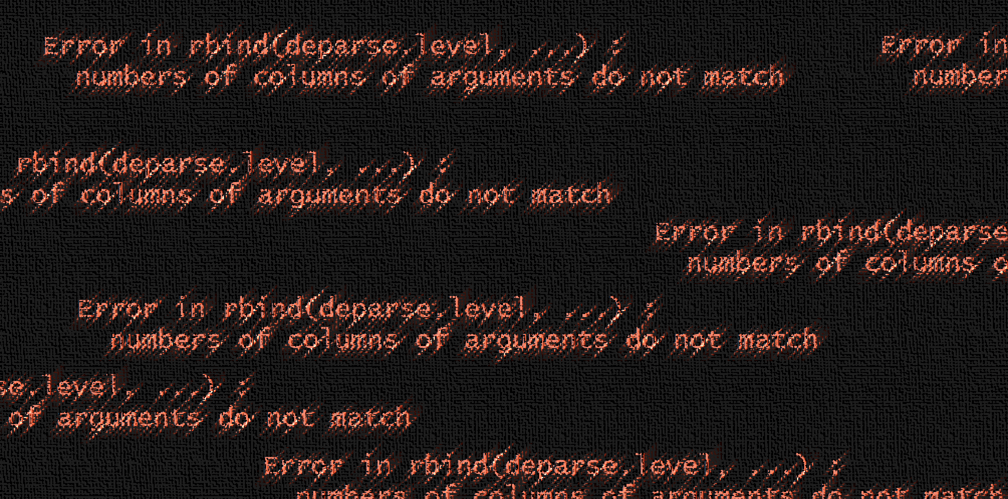
rbind error: numbers of columns of arguments do not match
If you are having this rbind error “numbers of columns of arguments do not match”, there might be a solution to this problem. It is caused by different column names in data frames. The good news is that there is a quick solution to that.
in

How to connect to PostgreSQL database with Excel or Power BI
Here is how to connect to the PostgreSQL database with Excel or Power BI using the ODBC data source.
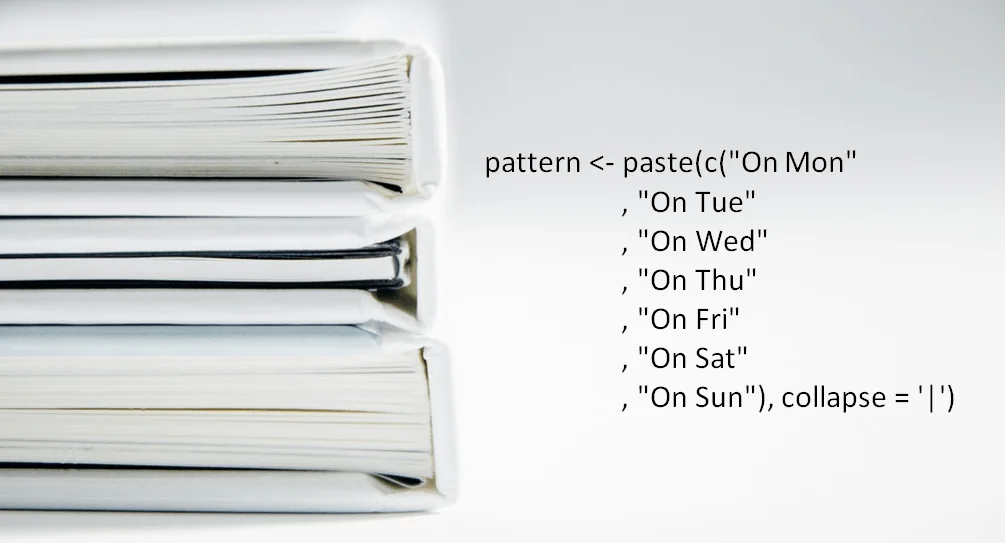
Extract text based on match of multiple possible strings in R
Sometimes there are multiple possible strings that you can locate in text. If you would like to extract text in R based on the first match of multiple strings, this post is for you.
in

ifelse and NA problem in R
If your data frame contains NA values, then the R function ifelse might return results you don’t desire. Missing values might be a problem for ifelse. The first victory is that you are aware of that.
in
